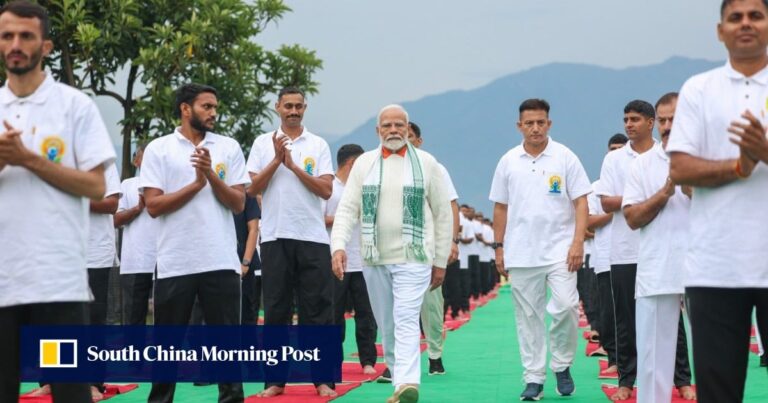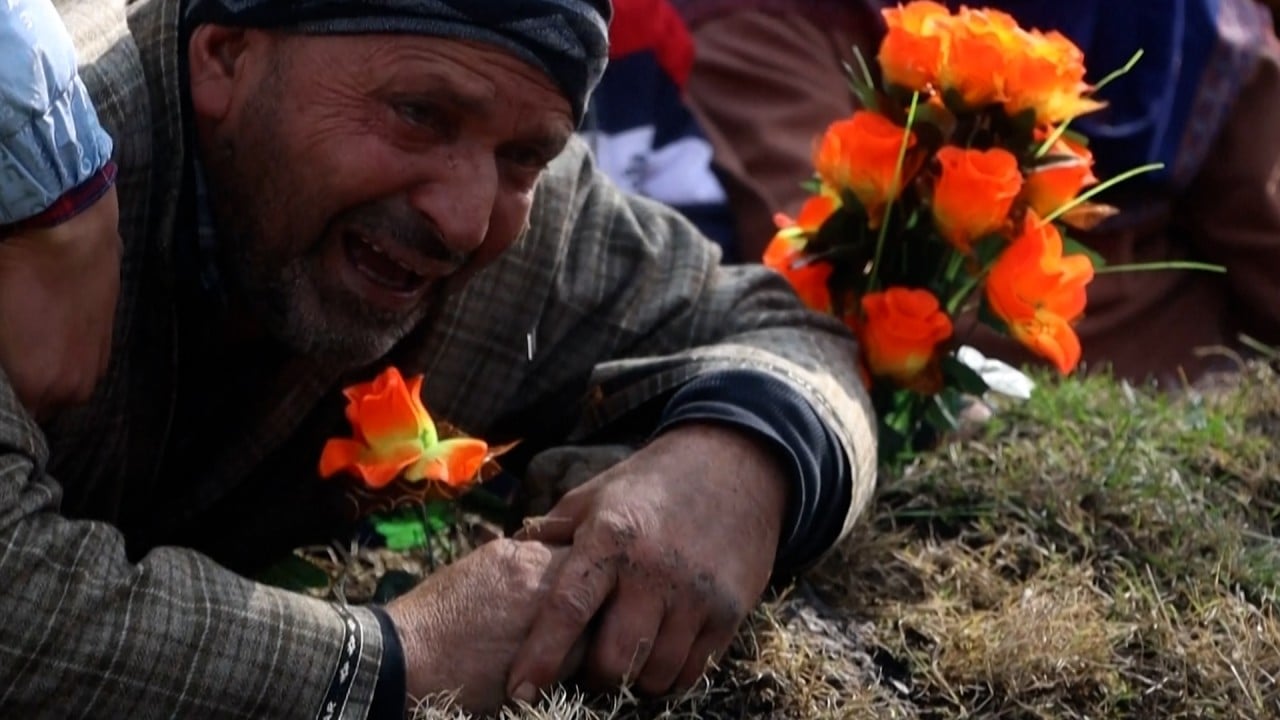“My understanding is that talks are going on behind the scenes. Sending a Pakistani delegation to Kashmir can be seen as a first step towards engaging with Islamabad to some extent,” Chaudhry said.
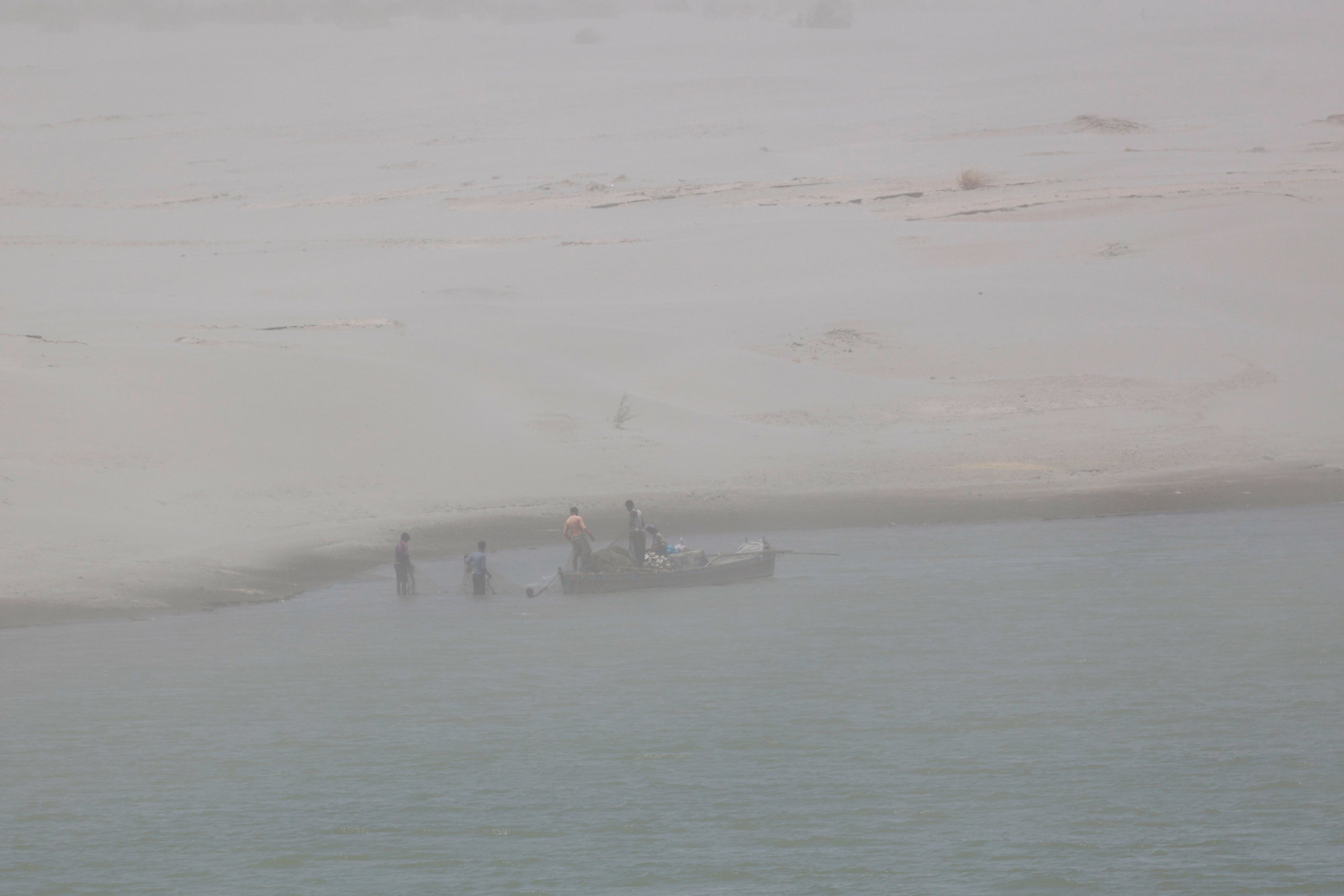
A five-member Pakistani delegation visited Jammu and Kashmir on Sunday to address Pakistan’s objections to 10 hydroelectric projects planned in the state under the Indus Waters Treaty of 1960. It is the first time a Pakistani delegation has visited the state since 2019.
The Indus River originates in the Tibet Autonomous Region in southwestern China, flows through the disputed Kashmir region, enters Pakistan and empties into the Arabian Sea.
The treaty outlined the rights and obligations of both countries regarding the use of the waters of the Indus River system. Under the treaty, the waters of the western rivers (Indus, Jhelum and Chenab) were allocated to Pakistan and the waters of the eastern rivers (Ravi, Beas and Sutlej) to India.
The visit of the Pakistani delegation to Jammu and Kashmir marks a shift away from Prime Minister Modi’s previous hints of abandoning the treaty.
“Pakistan has already expressed its desire to improve trade and other bilateral relations with India,” Chaudhry said, adding that the Shanghai Cooperation Organisation summit chaired by Pakistan later this year would be a good opportunity for the two countries to talk.
The delegation’s visit comes just days after Prime Minister Modi visited Kashmir on June 20-21 and promised statehood as the union territory prepares for state assembly elections.
This was Modi’s first visit to Kashmir since his government in 2019 revoked Article 370 of the Indian Constitution, which gave special autonomy to the state of Jammu and Kashmir.
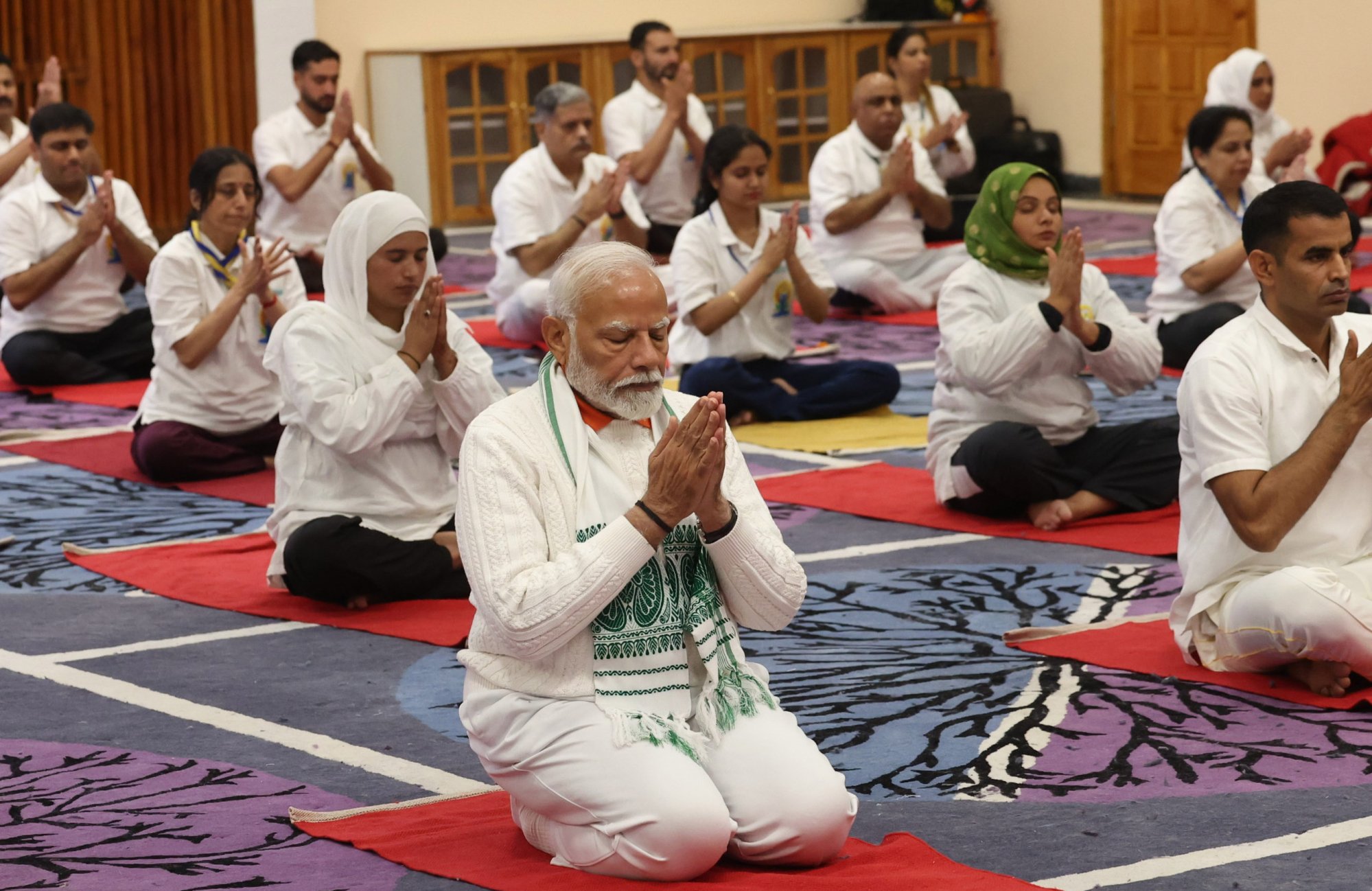
Chaudhry said there was optimism that Modi could bring peace to the region during his first term. He formed a coalition government in Kashmir to promote development, appointed prominent negotiators, sent multi-party delegations to meet separatist groups and held talks with Pakistan.
“In Modi 1.0, he tried to do a lot in Kashmir but got no political reward for his efforts. And in Modi 2.0, he has done things with anger, boldness and ruthlessness,” Choudhury said.
Chowdhury noted that most of the Bharatiya Janata Party’s national security objectives in Kashmir – such as removing Article 370, redeploying electoral districts and amending land ownership laws to allow non-residents to buy land – had been achieved during Modi’s second term.
“Now is the time for stability and normalcy and to show the people of Jammu and Kashmir that reconciliation will happen on our terms,” he added.
Chowdhury said the first step towards reconciliation would be to hold free and fair state assembly elections in Kashmir that would resonate with all sections of society, including both separatists and mainstream parties.
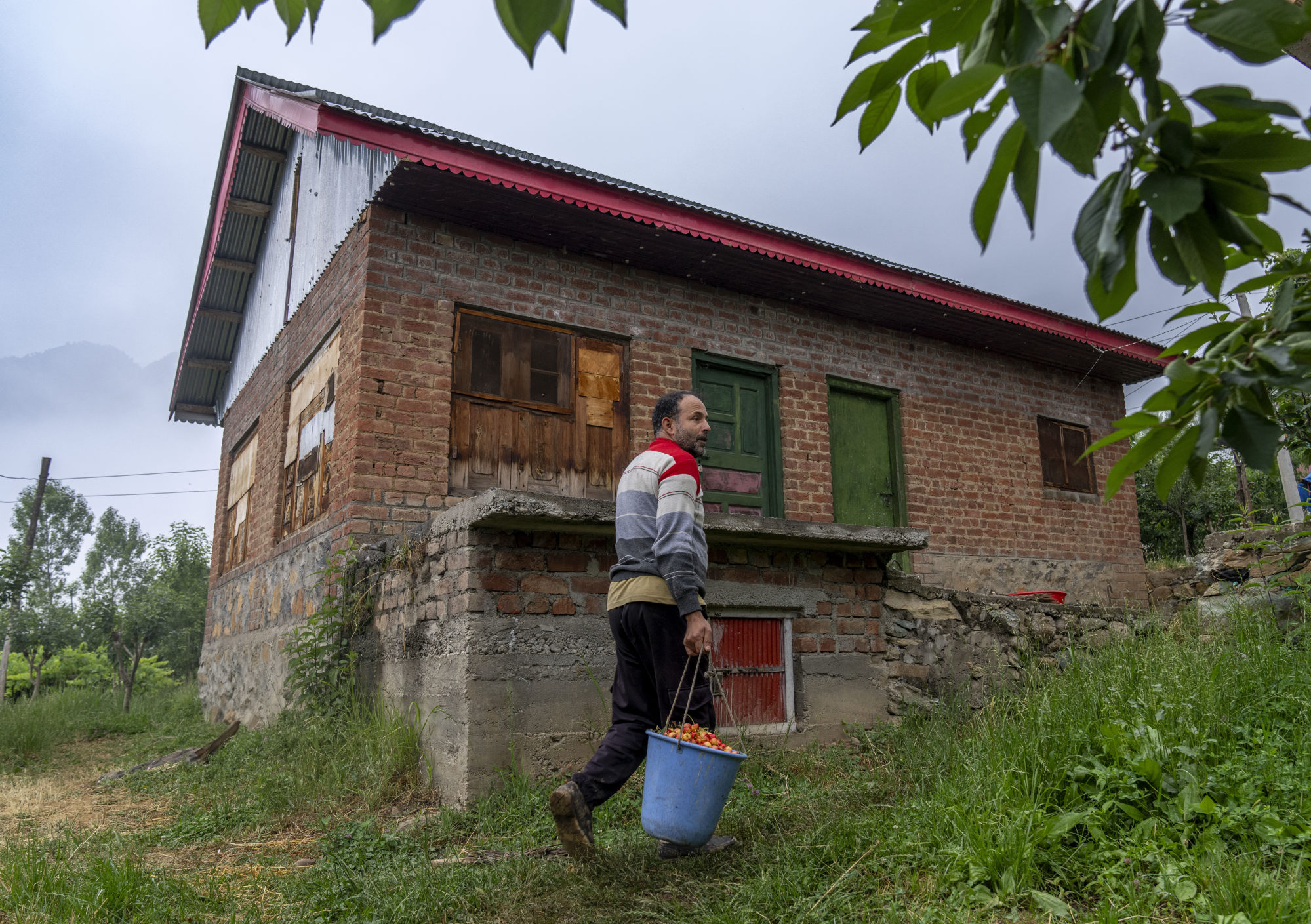
Jammu and Kashmir last held assembly elections in 2014 and has been without an elected government since 2018.
Ashok Swain, professor of peace and conflict studies at Sweden’s Uppsala University, took a different view, saying Modi’s Bharatiya Janata Party would continue to pursue anti-Muslim, anti-Kashmiri and anti-Pakistan policies.
Swain said the Pakistani delegation’s visit to Kashmir was part of its obligations under the water agreement and Modi was well aware that scrapping the agreement would be complicated, especially with the World Bank on board.
“His performance in Kashmir seems designed to appease his Hindutva side. [Hindu nationalist] “His supporters… Modi understands that he could lose them if he adopts a policy of peace and reconciliation towards Pakistan,” Swain told This Week in Asia, adding that Modi’s allies are unlikely to oppose his anti-Pakistan stance.
“Hence, Modi has neither the appetite nor the political need to seek peace with Pakistan,” he said.
Michael Kugelman, director of the Wilson Center’s South Asia Institute, said increased exchanges on issues such as water sharing did not necessarily mean bilateral relations were improving.
“I don’t think relations between India and Pakistan are on the mend. Neither country has any interest in making relations worse, but at the same time, neither country has any incentive to try to improve relations,” Kugelman said.
Kugelman said India and Pakistan wanted to focus on their own agendas without the bilateral relationship getting in the way.
“Pakistan faces domestic challenges, particularly economic ones, and tensions on its borders with Afghanistan and Iran due to a resurgence of terrorism. It does not need a new crisis with India,” Kugelman said, adding that the new Indian government similarly wants to focus on China and sees it as a major foreign policy challenge.
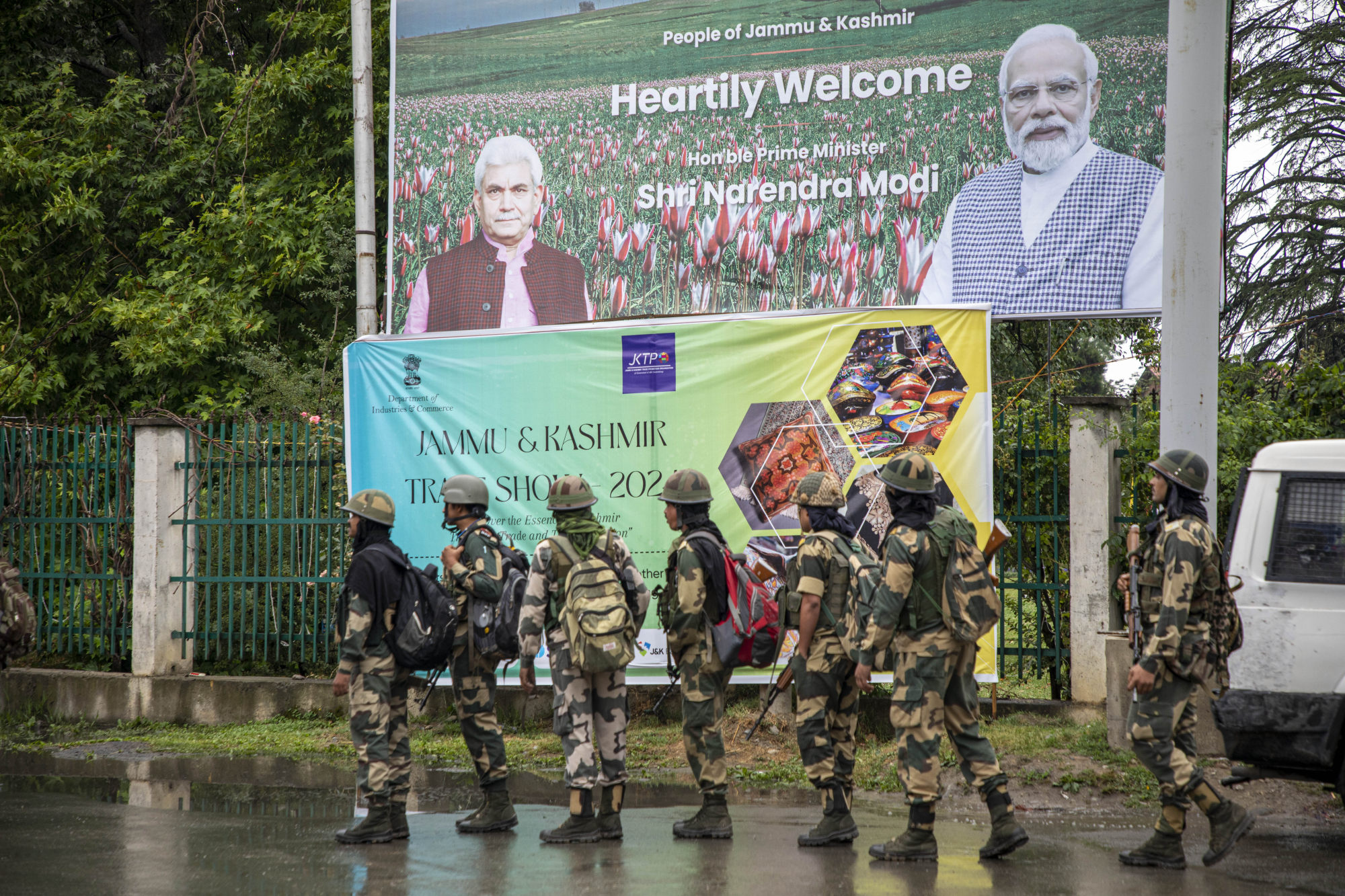
Kugelman said India is keen to create a sense of normalcy in Kashmir, which is one of the reasons it is pushing for elections there.
“India wants to claim that revoking Article 370 will bring stability and prosperity to Kashmir. But for Pakistan, that claim is unacceptable because they reject revocation and want it revoked but that’s not going to happen,” he said.
Sandeep Shastri, academic director at NITTE Educational Trust, said the visit of the Pakistan delegation was expected under the water pact but strengthening ties with Islamabad will be a milestone achievement for Modi’s third term.
“We are hopeful that the peace process will move forward with some concessions depending on how the situation evolves over time,” Shastri said.

